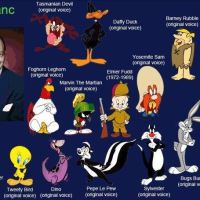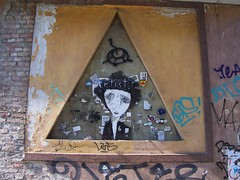
So you want to be a writer? Probably the answer is yes, otherwise why would you even pick up a book like this? But reader beware; Anne Lamott is not going to soft soap you into believing that writing is a glamorous or painless pursuit. Trouble and toil is at the heart of the process so if you nurse any romantic ideals about being struck by the muse, you are best advised to discard them immediately.
Lamott says that writers who succeed have to contend with stress, insecurity and loneliness. The feelings that drive them include jealousy, paranoia and anger. This means that only a happy few are able to apply their compulsive obsessive disorders to meet tangible goals.
Certainly, Lamott make it crystal clear that you must be prepared to sacrifice the niceties of social interaction if you’re serious about achieving your ambitions. In other words, the more self-centered and selfish you are, the better. Discipline and persistency, also known as plain bloody-mindedness, will stand you in very good stead. “To be a good writer, you not only need to write a great deal, you have to care”, she writes. Continue reading

 If Robert MacFarlane were to say “I’m just poppng out for a walk”, chances are you wouldn’t see him again for days, weeks, even months. Not for him a gentle stroll in the park. We’re talking serious trekking here. He tells us nothing about the equipment or supplies he takes with him, but it’s plain that he sets off prepared to sleep rough and scavenge for food if necessary.
If Robert MacFarlane were to say “I’m just poppng out for a walk”, chances are you wouldn’t see him again for days, weeks, even months. Not for him a gentle stroll in the park. We’re talking serious trekking here. He tells us nothing about the equipment or supplies he takes with him, but it’s plain that he sets off prepared to sleep rough and scavenge for food if necessary. Since 2014, I have set and maintained a relatively modest reading target on ‘
Since 2014, I have set and maintained a relatively modest reading target on ‘ I have no idea how this little gem of a book got to be stocked at the shop of Bologna’s Museum of Modern Art but I’m grateful for some employee’s initiative and vision.
I have no idea how this little gem of a book got to be stocked at the shop of Bologna’s Museum of Modern Art but I’m grateful for some employee’s initiative and vision.






